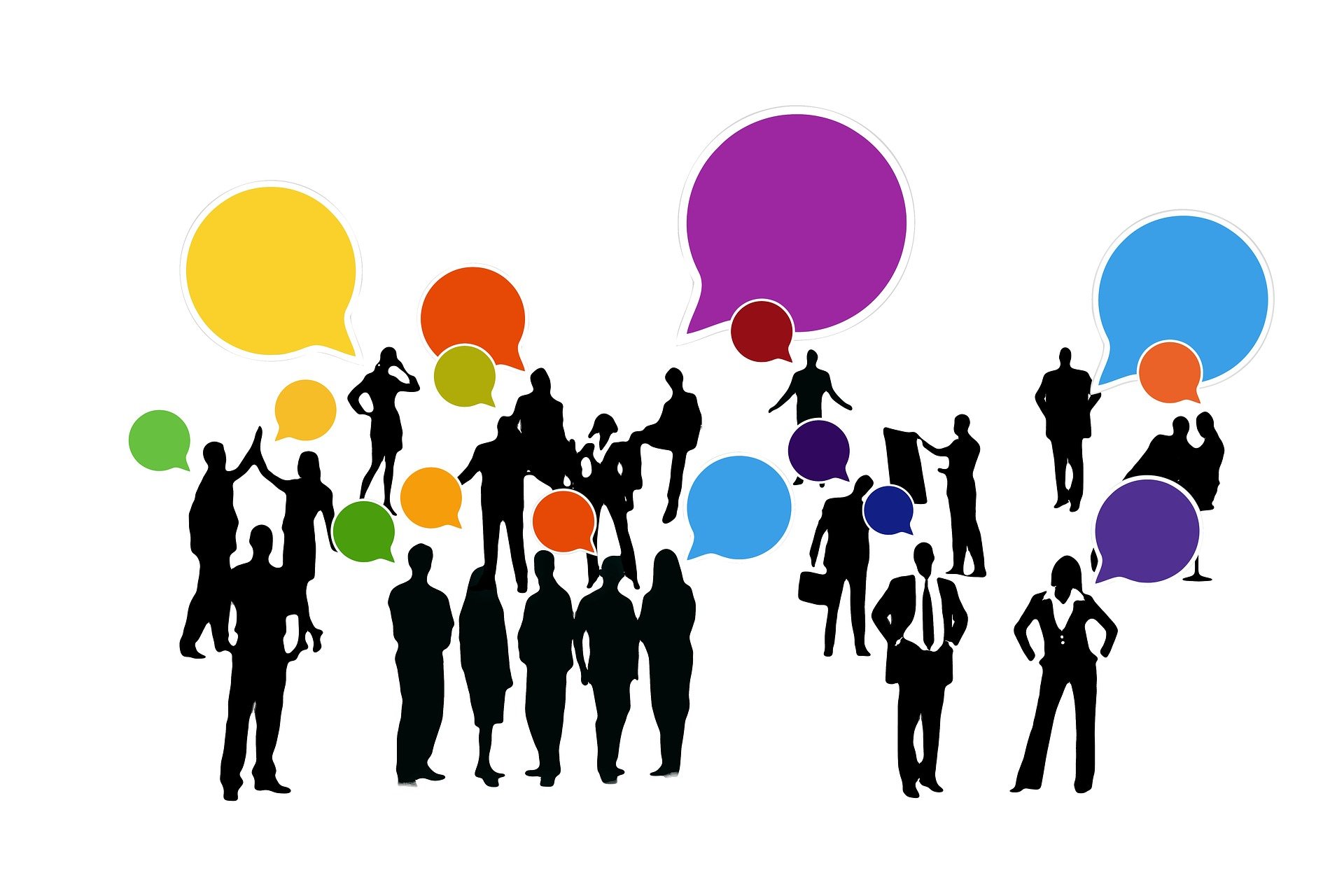Dialogic learning, a process for strengthening communication skills
Article Sidebar

How to Cite
Article Details

This work is licensed under a Creative Commons Attribution-NonCommercial 4.0 International License.
Main Article Content
Abstract
Educational quality is an issue that in recent years has generated great concern derived from the low academic performance that is evidenced both in classroom practices and in the results of external tests. For this reason, it is necessary to determine the possible factors that affect this problem, finding that the lack of appropriation and significant use of communication skills are elements that influence learning processes and therefore academic results. For this reason, the idea of qualitative research arises, aimed at strengthening the communication skills of third grade students through dialogic learning. The data collection techniques used were: semi-structured interview, questionnaire and blog, which allowed the analysis of the results, which show a significant improvement in the communicative processes that directly influence learning, such as reading, writing, active listening and oral expression. It is concluded that strategies based on dialogue such as, for example, the dialogic gatherings, strengthen the students' communicative processes and allow them to improve their academic performance and thus lay in the student a solid foundation with which he/she can continue to strengthen his/her learning process in a much more effective way.
References
Aguilar Ródenas, C., Olea Alonso , M. J., Padrós Cuxart, M. y Pulido, M. A. (2010). Lectura dialógica y transformación en las Comunidades de Aprendizaje. Revista Interuniversitaria de Formación del Profesorado, 24(1), 31-44. https://www.redalyc.org/pdf/274/27419180003.pdf
Aubert, A., Flecha, A., Garcia , C., Flecha, R. y Racionero, S. (2008). Aprendizaje dialógico en la sociedad de la información. Hipatia Editorial, S.A.
Avendaño Castro, W. R., Rueda Vera, G. y Rolón Bautista, T. (2019). Desarrollo de habilidades comunicativas y estilos de aprendizaje VAK. Una experiencia cn estudiantes de grado segundo de básica primaria Revista Logos Ciencia y Tecnologia, 11(1), 187-196. https://doi.org/10.22335/rlct.v11i1.686
Cassany, D. (1999). Construir la escritura. Paidos.
Castells, M. (2009). Comunicación y poder (M. Hernández, trad.). Alianza Editorial.
Díez-Palomar, J. y Flecha García, R. (2010). Comunidades de Aprendizaje: un proyecto de transformación social y educativa. Revista Interuniversitaria de Formación del Profesorado, 24(1), 19-30. https://www.redalyc.org/pdf/274/27419180002.pdf
Ferrada, D. y Flecha, R. (2008). El modelo dialógico de la pedagogía: un aporte desde las experiencias de comunidades de aprendizaje. Estudios Pedagógicos, 34(1), 41-61. https://doi.org/10.4067/S0718-07052008000100003
Hernández Sampieri, R., Fernández Collado, C. y Baptista Lucio, P. (2014). Metodología de la investigación (6.a ed.). McGraw-Hill. https://www.uca.ac.cr/wp-content/uploads/2017/10/Investigacion.pdf
Lafrancesco Villegas, G. (2017). La evaluación integral y de los aprendizajes en una escuela transformadora. Revista Científica EDUSER, 4(1), 67-85. https://doi.org/10.18050/eduser.v4i1.407
Lomas, C. y Osorio, A. . (1996). Los objetivos de la educación lingüística y el currículo de Lengua Castellana y Literatura en la enseñanza secundaria. En Horsori (Ed.), La educación lingüística y literaria en la enseñanza secundaria (25-66).; Universitad de Barcelona; Instituto de Ciencias de la Educación.
Ministerio de Educación Nacional. (2010). Programa para el desarrollo de competencias. Dirección de calidad de la educación preescolar, básica y media. Revolución Educativa. https://www.mineducacion.gov.co/1759/articles217596_archivo_pdf_desarrollocompetencias.pdf
Miranda Calderón, L. A. (2011). Lenguaje: Algo más que un mecanismo para la comunicación. Revista Electrónica Educare, 15(1), 161-170. https://www.redalyc.org/pdf/1941/194118804013.pdf
Murillo Torrecilla, F. J. y Hidalgo, N. (2015). Dime cómo evalúas y te diré qué sociedad construyes. Revista Iberoamericana de Evaluación Educativa, 8(1), 5-9. https://dialnet.unirioja.es/servlet/articulo?codigo=5134131
Prieto, O. y Duque, E. (2009). El aprendizaje dialógico y sus aportaciones a la teoría de la educación. Teoría de la Educación. Educación y Cultura en la Sociedad de la Información, 10(3), 7-30. https://www.redalyc.org/pdf/2010/201014898002.pdf
Valls, R., Soler, M. y Flecha, R. (2008). Lectura dialógica: interacciones que mejoran y aceleran la lectura. Revista Iberoamericana de Educación (46), 71-87. https://rieoei.org/historico/documentos/rie46a04.pdf




